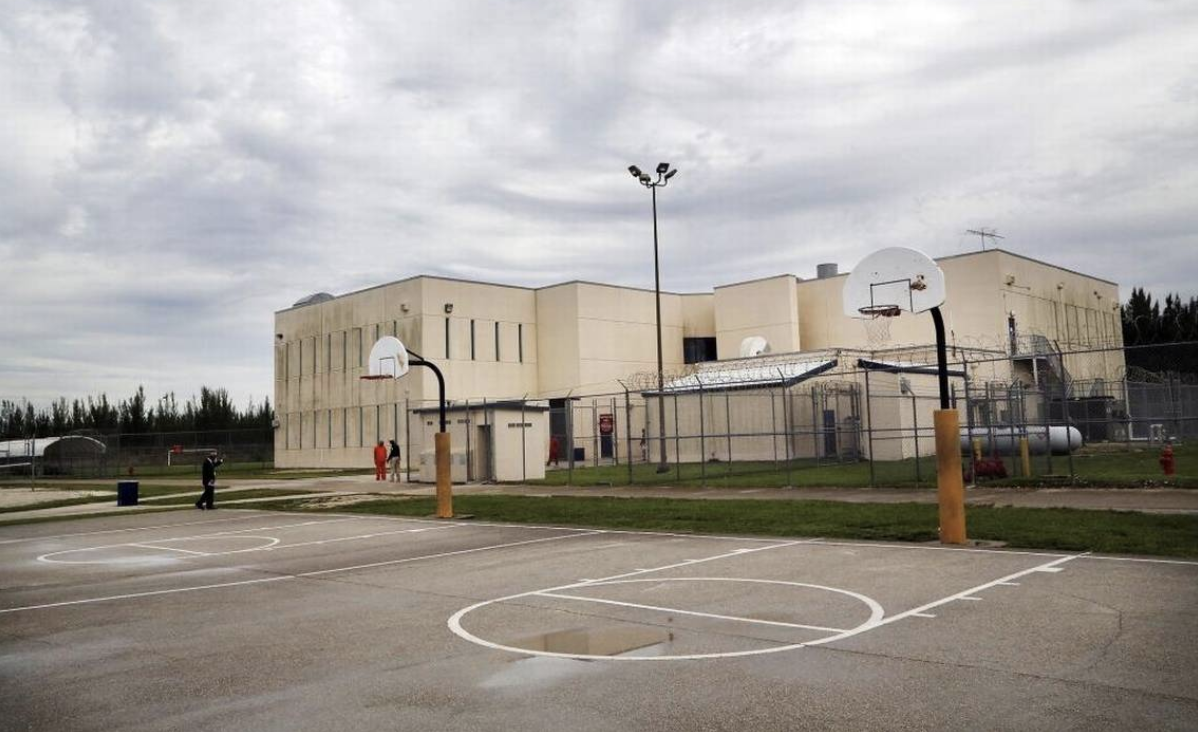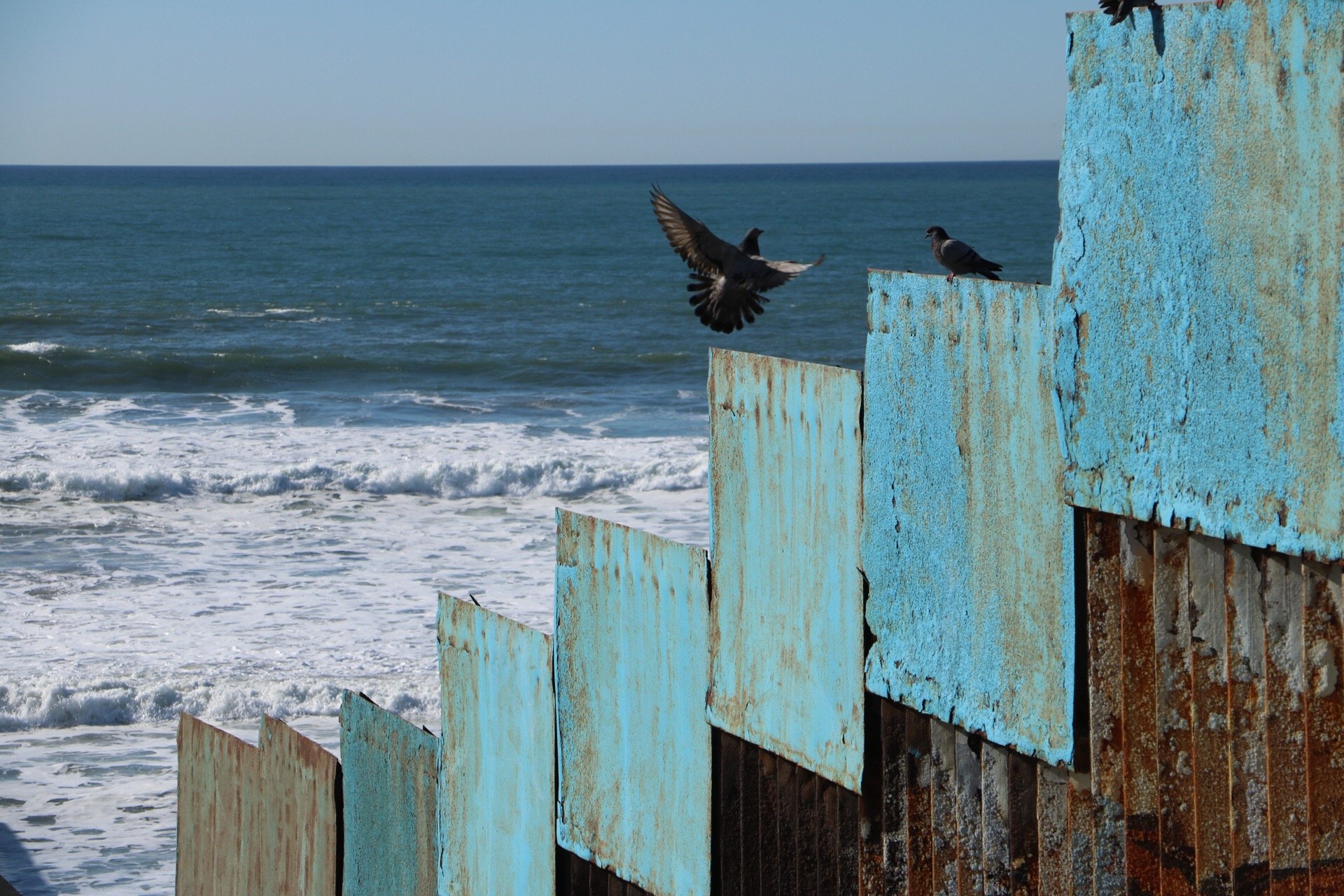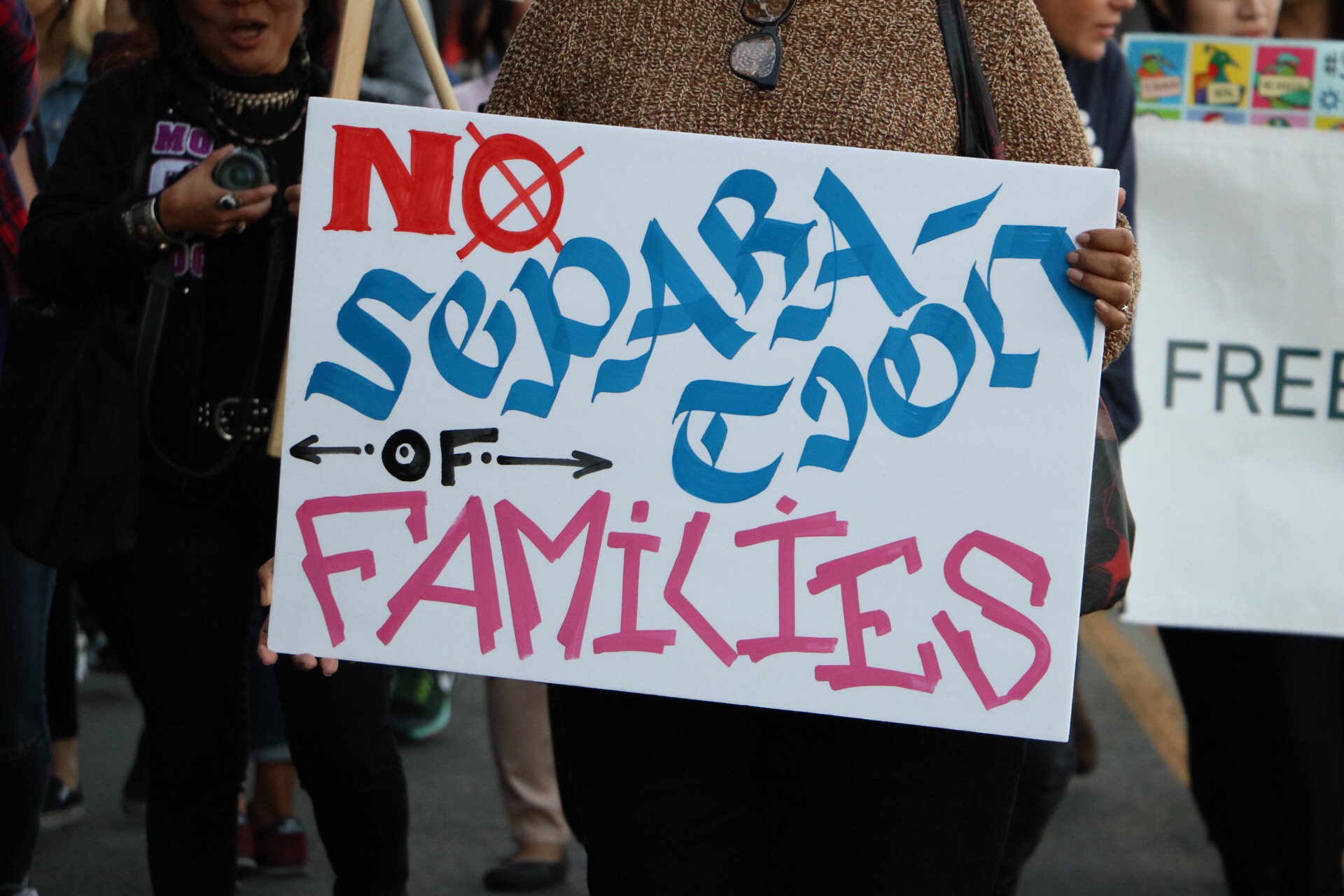Detention Snapshot: Summer 2022
This publication contains a summary of documented human rights abuses that occurred in Immigration and Customs Enforcement (“ICE”) detention throughout the months of June, July and August 2022. It also provides an example of how the effects of detention trickle into our communities. Abuses described were primarily reported to Freedom for Immigrants’ (FFI) free and unmonitored National Immigration Detention Hotline, which receives roughly 600 calls per week, and by community-based detention visitation groups within FFI’s National Visitation Network. An important group of advocates are individuals in detention (“detained advocates”), who courageously communicate with FFI and other organizations to report the unfair and inhumane treatment they experience despite the known risk of retaliation.
Abuses documented this quarter include incidents of retaliation to internal resistance, anti-LGBTQ+ abuse and COVID-19 related abuse and neglect. While this snapshot does not capture the entirety of the abuses endemic to detention, these incidents shed light on ICE’s abusive practices and the agency's inability to address them.
Retaliation to Acts of Resistance and Internal Organizing
Detained advocates continue to organize to protest the abuse and neglect they experience in immigration detention. ICE and prison staff regularly respond to organizing with unlawful retaliation, including placing individuals in solitary confinement, transferring people to locations far away from their loved ones and legal counsel, expediting deportations, using violent physical assaults, and denying critical medical care to detained people. Retaliation tends to be worse for Black immigrants, who often report physical assault and placement in solitary confinement after advocating for their needs.
Baker County Detention Center (Macclenny, FL): In a retaliatory incident that began this past May, guards shut off the water after approximately 100 people at Baker launched a hunger strike to peacefully protest the abusive conditions. In response, Baker staff placed participating units on lockdown and shut off the water for days, an extreme and dangerous measure that denied people access to drinking water and the ability to flush toilets. On July 15, detained advocates filed a federal complaint that included a petition signed by 130 detained advocates. These documents expose physical assault by facility staff, anti-Black racism, life-endangering medical neglect and significant retaliation for prior hunger strikes and public reporting. Some of the complainants have since reported escalating harassment, denial of discretionary release and deportation in alleged retaliation, including the swift deportation of one man who reported losing his hearing due to assault while in solitary confinement. This pattern of retaliation underscores the severe consequences for whistleblowers in ICE detention and the lengths taken to silence witnesses and survivors of harm in ICE custody.
Baker County Detention Center
Orange County Jail (Goshen, NY): In February 2022, detained advocates led a hunger strike and submitted a federal complaint over facility conditions, racist abuse and medical neglect. The detention facility had been the focus of a March 2022 New York City Council hearing, and it is currently under federal investigation as a result of reported human rights abuses. In late July, ICE suddenly and violently transferred about 70 detained people from New York to Mississippi, more than one thousand miles away. The facility’s Sheriff gave an interview stating that the mass transfers were requested by his office over “the amount of time the county legal department has spent addressing complaints filed by advocates over the treatment of [detained people].” In response, over 50 city and state legislators sent a letter to New York Governor Houchol and ICE demanding to release individuals, instead of transferring them. Congressmembers Ocasio-Cortez and Nadler also led letters inquiring about the retaliatory transfers.
Anti-LGBTQ+ Abuse
LGBTQ+ immigrants are particularly targeted with verbal, sexual and physical abuse in ICE detention, and the ongoing reports of abuse by this community continue to go unaddressed. Many detention facilities, like the Otero County Processing Facility in New Mexico, have a history of targeted abuse against LGBTQ+ individuals. Notably, the contract between ICE and the Otero County facility was recently extended despite community demands to shut down the detention facility.
Krome North Service Processing Center (Miami, FL): On July 2, ICE conducted a shakedown at the facility. During the shakedown, a Krome officer purposefully threw a detained advocate’s medical blanket on the floor. The officer verbally abused the detained advocate, using homophobic epiphets when the advocate explained that the blanket was medical equipment. When the detained advocate requested a new blanket, the officer fabricated a story about the detained advocate threatening another detained person. He was then handcuffed and thrown into solitary confinement. An officer and a captain continue to make homophobic and derogatory remarks at him with no repersussions.
Krome North Service Processing Center (Miami, FL): A detained advocate who identifies as LGBTQ+ reported experiencing abuse and neglect due to his sexuality. Specifically, he has been denied special needs prescribed to him for several medical conditions. As a result, he went three days without eating in one incident.
Krome North Service Processing Center
COVID-19
By detaining individuals that ICE could otherwise release with its discretion, the agency continues to put detained people at risk of becoming infected and potentially dying of COVID-19. Medical experts have repeatedly warned that social distancing is impossible in prison settings, where people are three times more likely to die of COVID-19 due to overcrowding and poor conditions. Detained advocates across the country report that facility staff do not wear masks, do not follow sanitary protocols and do not provide adequate access to vaccines. Instead, when detained people request that these practices are followed, they are met with verbal abuse and retaliation.
South Louisiana Detention Center (Basile, LA): An outbreak occurred in a facility dorm where unvaccinated people are detained. Detained advocates report that neither tests nor masks are provided at the appropriate rate. For example, ICE refused to test a woman with significant COVID-19 symptoms for days, and did not do so until multiple detained advocates filed grievances demanding her to be tested, which resulted in a positive case. Multiple detained advocates reported that medical staff systemically fail to wear PPE.
Otay Mesa Detention Center (San Diego, CA): There have been 44 new cases of COVID-19 over the course of August at the detention facility. Still, instead of releasing individuals to be cared for by their communities, staff expose non-infected people by continuing to send them to the same bathrooms and recreation areas as those who have COVID-19. This led to multiple people advocating for proper medical care. However, even those with extreme and potentially life-threatening respiratory and cardiovascular conditions are treated only with tylenol. Additionally, a detained advocate reported to FFI that he was denied access to his vaccine of preference multiple times. He was further denied the right to see which vaccine was put into his body when he was ultimately vaccinated, demonstrating the underlying violations of people’s bodily autonomy in detention, especially when personal health decisions are concerned.
The Effect of Immigration Detention on Our Communities
The adverse effects of immigration detention are not limited to the mistreatment of those in ICE custody. When individuals who have been in the United States for many years are taken from our communities, the entire community is adversely impacted. Those targeted by ICE for detention and deportation are whole individuals who live very real lives that touch many of us; they might be mothers, fathers, breadwinners, the father of your daughter’s best friend, a co-worker, or someone you passed by on your way to work. The Vista family’s story is a clear example of how one’s absence is felt by their loved ones and the greater community. The family faced eviction after the father and breadwinner of the family had been detained for several months.
Relevant News this Summer
El Refugio and several organizations filed a federal complaint on behalf of four individuals who experienced sexual assault by a nurse at Stewart Detention Center in Lumpkin, GA.
According to the Office of the Inspector General (OIG) report, the Folkston ICE Processing Center in Folkston, GA, did not meet standards for several categories.
Americans for Immigrant Justice, Freedom for Immigrants, and Immigration Action Alliance filed a multi-individual civil rights complaint that details inhumane treatment including the frequent use of physical assault, violent use of force, racist harassment, life-endangering medical neglect, verbal abuse, impediments to legal counsel access, lack of COVID-19 safety measures and retaliation at the detention center located in Baker County, Florida.
Facts You Should Know About Detention
Co-opting the term ATDs to “sell” surveillance programs: The government is currently using the term Alternatives to Detention (ATDs) to promote and expand the use of surveillance technology. But the government’s reliance on ATDs hasn’t actually reduced the number of people in detention. Instead, these so-called ATDs are used as an alternative to liberty. To learn more, review the “Tracked and Trapped” report and the Center for American Progress’ article on the topic.
Forced labor lawsuit: Individuals at Mesa Verde Detention Facility have no choice but to work for $1 a day. This is the only way individuals detained at a for-profit detention facility can afford personal hygiene items and avoid facing retaliatory action, such as being placed in solitary confinement.
Cruel, inhuman and degrading treatment continues to claim the lives of detained people: Immigration detention is extremely detrimental to the physical and mental health of detained individuals. A recent study showed that, “in 2020 the [individuals in detention] suicide rate increased substantially compared to the past decade. This may point to a worsening mental health crisis in ICE detention.” In August, a 23-year-old Brazilian man detained in New Mexico died by suicide as he faced uncertainty as to when he would be released. According to the Center for Victims of Torture, “uncertainty, particularly when prolonged, can cause such severe and protracted health problems that it rises to the level of cruel, inhuman and degrading treatment and can seriously harm even healthy individuals.”





